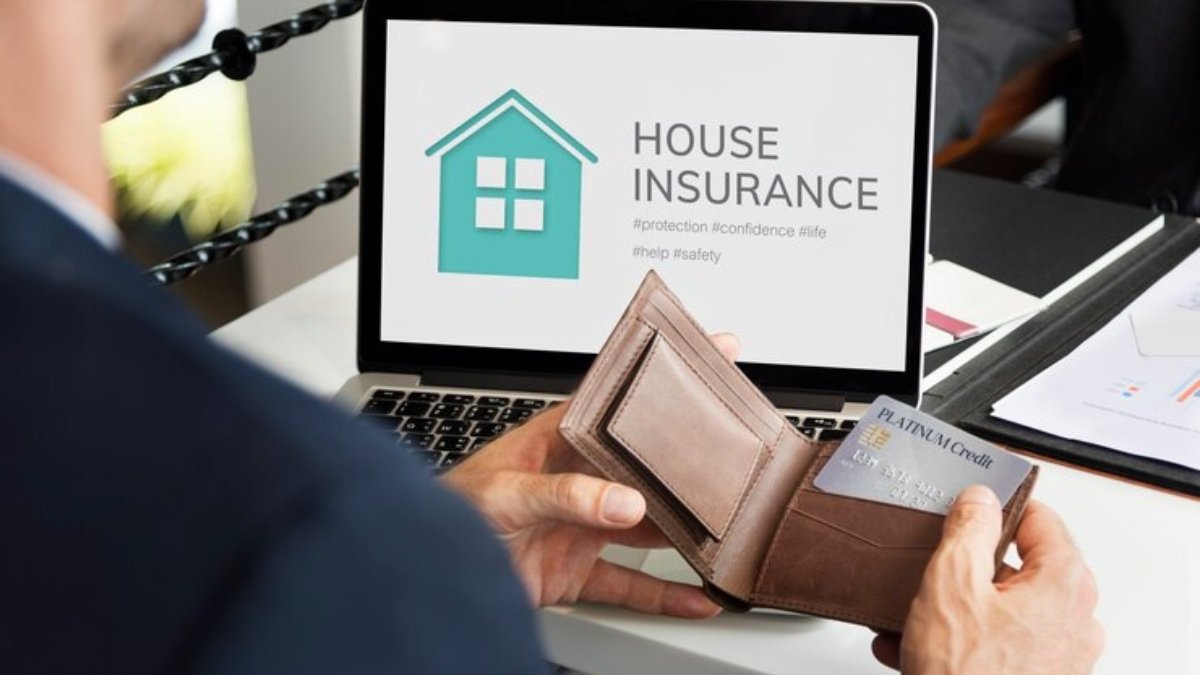Private Mortgage Insurance (PMI) is often necessary for homebuyers who cannot make a substantial down payment. It protects lenders by covering a portion of the loan if the borrower defaults. If you’re buying a home and find yourself needing PMI, understanding the process is crucial. This article will guide you through how to get private mortgage insurance, breaking down everything you need to know.
Understanding Private Mortgage Insurance (PMI)
Private Mortgage Insurance is a type of insurance that protects the lender in case a borrower defaults on their mortgage. It’s typically required for homebuyers who make a down payment of less than 20% of the home’s purchase price. PMI allows buyers to qualify for a mortgage with a lower down payment, but it comes with an additional monthly cost.
Determining If You Need Private Mortgage Insurance
The first step in the process is determining whether you need PMI. If you’re planning to put down less than 20% on your home purchase, your lender will likely require you to obtain PMI. It’s important to know this upfront so you can budget for the extra cost in your monthly mortgage payments.
Calculating the Cost of PMI
The cost of PMI can vary based on several factors, including your credit score, the size of your down payment, and the amount of your loan. Typically, PMI costs range from 0.3% to 1.5% of the original loan amount per year. For example, if you have a $200,000 mortgage and your PMI rate is 1%, you would pay $2,000 per year, or about $167 per month.
Choosing a Private Mortgage Insurance Lender That Offers PMI
Not all mortgage lenders offer the same terms when it comes to PMI, so it’s essential to shop around. Compare different lenders’ PMI rates, and consider working with one that offers the most favorable terms. Some lenders may offer lender-paid mortgage insurance, which means they pay the PMI premium in exchange for a slightly higher interest rate on your mortgage.
Applying for a Private Mortgage Insurance with PMI
Once you’ve chosen a lender, the next step is to apply for a mortgage that includes PMI. The process is similar to applying for any mortgage, but with an additional step where the lender arranges the PMI. Ensure you provide all necessary documentation, including proof of income, employment history, and credit reports, to facilitate a smooth application process.
Understanding the Different Types of PMI
There are several types of PMI, and it’s important to understand your options before committing:
- Borrower-Paid Mortgage Insurance (BPMI): This is the most common type, where you pay the PMI as part of your monthly mortgage payment.
- Lender-Paid Mortgage Insurance (LPMI): The lender pays the PMI in exchange for a higher interest rate on your mortgage.
- Single-Premium Mortgage Insurance: You pay the entire PMI upfront in a lump sum, either in cash at closing or financed into the mortgage.
- Split-Premium Mortgage Insurance: A combination of BPMI and single-premium, where you pay part upfront and the rest monthly.
Choosing the right type of PMI depends on your financial situation and long-term plans. Consult with your lender to determine which option best suits your needs.
How to Cancel PMI
One of the advantages of PMI is that it doesn’t last for the life of the loan. You can cancel PMI once you’ve built up enough equity in your home. According to the Homeowners Protection Act, you can request PMI cancellation when your loan-to-value (LTV) ratio reaches 80%. This typically happens when you’ve paid down the mortgage balance to 80% of the home’s original value.
Automatic PMI Termination
If you don’t request cancellation, your lender is required to automatically terminate PMI when your LTV ratio reaches 78%, provided you’re current on your mortgage payments. This automatic termination is a safeguard to ensure you don’t pay PMI longer than necessary.
Refinancing to Get Rid of PMI
Another way to eliminate PMI is by refinancing your mortgage. If your home’s value has increased since you purchased it, refinancing could reduce your LTV ratio below 80%, allowing you to avoid PMI on the new loan. However, refinancing comes with its own costs, so weigh the benefits against the expenses.
Tips to Avoid PMI Altogether
If you want to avoid PMI, consider the following strategies:
- Save for a Larger Down Payment: If possible, save until you can make a 20% down payment, which will eliminate the need for PMI.
- Consider a Piggyback Loan Private Mortgage Insurance: This involves taking out a second mortgage to cover part of the down payment, typically in an 80-10-10 structure, where you finance 80% of the home with a primary mortgage, 10% with a second mortgage, and put 10% down.
- Look for a No-PMI Loan Option Private Mortgage Insurance : Some lenders offer no-PMI loans, but these often come with higher interest rates or fees.
Impact of Credit Score on PMI Costs
Your credit score plays a significant role in determining your PMI rate. Borrowers with higher credit scores usually receive lower PMI rates because they are considered less risky by lenders. If your credit score is low, consider improving it before applying for a mortgage. Paying down debt, correcting errors on your credit report, and maintaining a good payment history can help boost your score.
The Role of the Appraisal in PMI
The appraisal of your home is another critical factor in the PMI process. The appraised value of your home will determine your LTV ratio, which in turn affects your PMI. If the appraisal comes in lower than expected, you might end up with a higher LTV ratio and higher PMI costs. Ensure your home is in the best possible condition before the appraisal to maximize its value.
Negotiating Private Mortgage Insurance with Your Lender
In some cases, you may be able to negotiate the terms of your PMI with your lender. For instance, if you’re a strong borrower with a high credit score and stable income, you might be able to negotiate a lower PMI rate. It’s worth asking your lender if there’s any flexibility in the PMI terms during your mortgage application process.
Tax Deductibility of Private Mortgage Insurance
At one point, PMI premiums were tax-deductible, but this has changed in recent years. As of now, PMI premiums are generally not tax-deductible, though Congress occasionally reinstates this deduction. Always check the current tax laws or consult with a tax professional to see if you qualify for any deductions related to PMI.
Is Private Mortgage Insurance Worth It?
For many homebuyers, PMI is a necessary cost of entering the housing market without a substantial down payment. While it does add to your monthly expenses, it can be a worthwhile trade-off if it allows you to purchase a home sooner rather than later. Consider your financial situation and long-term goals when deciding whether PMI is worth the additional cost.
Conclusion
Getting Private Mortgage Insurance is an essential part of the homebuying process for many people, especially those who cannot afford a 20% down payment. By understanding the costs, types, and cancellation options, you can make informed decisions and possibly reduce your expenses over time. Remember to shop around for the best PMI rates and consider your long-term financial goals when choosing your mortgage and PMI options.
FAQs
- Can PMI be canceled before reaching 80% LTV?
In some cases, yes, particularly if your home’s value has increased significantly, allowing you to refinance or request an appraisal. - How is PMI different from mortgage insurance required by the FHA?
FHA mortgage insurance is required for all FHA loans, regardless of down payment size, and it typically lasts for the life of the loan unless you refinance. - Is PMI required for all loans with less than 20% down?
Not always. Some government-backed loans, like VA loans, don’t require PMI, even with a lower down payment. - Can you avoid Private Mortgage Insurance with a high credit score?
A high credit score can reduce the cost of PMI but doesn’t eliminate the need for it if your down payment is below 20%. - What happens to Private Mortgage Insurance if I sell my home?
PMI is automatically canceled when you sell your home, as the mortgage and associated insurance are paid off with the sale proceeds.












One thought on “How to Get Private Mortgage Insurance: A Comprehensive Guide”